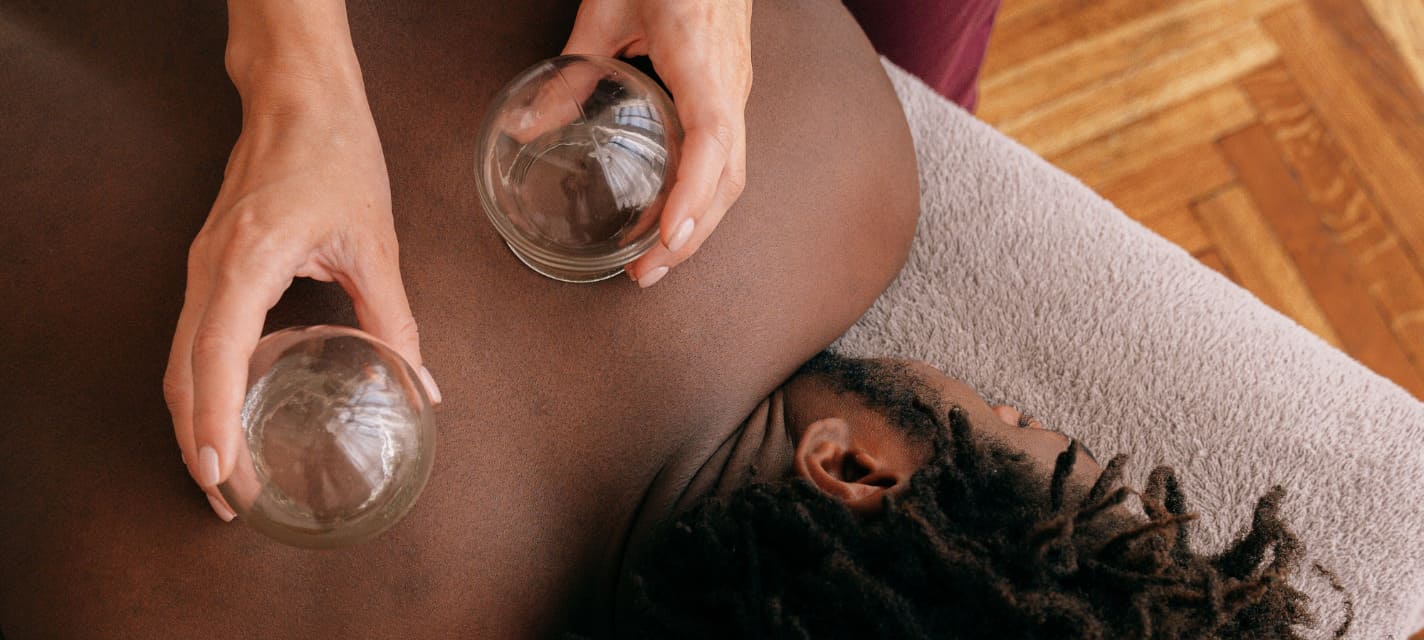Embarking on the path of Thai massage education is a transformative journey, and selecting the right school is akin to choosing the compass that will guide your passage. In this exploration, we delve into the curricula of esteemed Thai massage institutions, unraveling the layers of knowledge, tradition, and practical skills that shape adept practitioners. From the foundational principles to the intricacies of energetic healing, this comprehensive guide unveils the holistic approach employed by top Thai massage schools, fostering not only technical proficiency but a deep understanding of cultural nuances and a commitment to wellness in its truest sense. Join us on a voyage through the educational landscape, where tradition meets innovation, and where the curriculum extends beyond techniques to cultivate compassionate and skilled Thai massage practitioners.
The Essence of Thai Massage Education
Thai massage is not just a set of techniques; it’s an ancient healing art deeply rooted in Thai culture. Top Thai massage schools recognize the significance of imparting not only the physical aspects of bodywork but also the cultural and spiritual dimensions that enrich the practice.
Fundamental Principles of Thai Massage
The curriculum of top Thai massage schools typically starts with a deep dive into the fundamental principles of Thai massage. Students learn about the origins, philosophy, and foundational techniques, establishing a strong understanding of the cultural and historical context that underpins this traditional healing art.
Anatomy and Physiology
A robust understanding of the human body is integral to effective Thai massage practice. Top schools include in-depth studies of anatomy and physiology, ensuring that students comprehend the musculoskeletal system, nervous system, and the interconnectedness of bodily functions. This knowledge forms the basis for skillful and targeted bodywork.
Hands-On Training
The heart of any Thai massage curriculum lies in hands-on training. Top schools prioritize practical experience, allowing students to apply theoretical knowledge in real-life scenarios. Guided by experienced instructors, students refine their techniques, master body mechanics, and develop a sensitive touch through extensive practice.
Traditional Thai Massage Techniques
The core of the curriculum revolves around traditional Thai massage techniques. From the artful use of hands, thumbs, elbows, and feet to the application of pressure along energy lines (Sen lines), students gain proficiency in the array of techniques that define Thai massage. This includes stretching, acupressure, and rhythmic compressions.
Sen Energy Lines and Energetic Healing
Understanding the Sen energy lines is a hallmark of Thai massage education. Top schools delve into the energetic aspects of bodywork, teaching students how to detect imbalances in the body’s energy flow and how to restore harmony through focused techniques. This adds a holistic dimension to the practice.
Therapeutic Applications
Thai massage is not just about relaxation; it’s a therapeutic modality addressing a myriad of physical and mental health issues. Top schools incorporate modules on therapeutic applications, teaching students how to tailor treatments for specific conditions such as back pain, stress, or joint mobility issues.
Client Communication and Cultural Sensitivity
Effective client communication is an essential skill for any practitioner. Top Thai massage schools emphasize the importance of building rapport, active listening, and understanding client needs. Cultural sensitivity is woven into this aspect, preparing students to work with diverse clientele and respecting individual preferences and boundaries.
Business and Ethics in Thai Massage
Equipping students for success beyond the massage table, top schools include modules on business practices and ethical considerations. This encompasses creating a professional practice, marketing, client retention, and adherence to ethical standards to ensure a well-rounded and sustainable career.
Holistic Wellness Education
Recognizing that Thai massage is not only a physical practice but also a holistic wellness modality, top schools often include education on complementary practices. This may include mindfulness techniques, meditation, and wellness rituals that enhance the overall experience for both practitioners and clients.
Traditional Healer’s Perspective
Some top Thai massage schools go beyond the technicalities and provide insights into the traditional healer’s perspective. This involves an exploration of the spiritual and intuitive aspects of Thai massage, encouraging students to connect with their inner wisdom and intuition during sessions.
Continuing Education Opportunities
Learning doesn’t end with the completion of a program. Top schools often provide avenues for continuing education, allowing practitioners to deepen their knowledge, refine their skills, and stay updated on emerging trends in Thai massage and holistic wellness.
Practical Assessments and Certification
To ensure competency, top Thai massage schools incorporate practical assessments into their curriculum. Students undergo evaluations where they demonstrate their proficiency in techniques, body mechanics, and client interaction. Successful completion leads to certification, a testament to the practitioner’s skill and knowledge.
Integration of Technology
In response to the digital age, some top Thai massage schools integrate technology into their curriculum. This may include online learning platforms, virtual simulations, or resources that enhance the overall learning experience, catering to diverse learning styles and preferences.
Cultural Immersion and Study Tours
To enrich the educational experience, some top Thai massage schools offer cultural immersion programs and study tours to Thailand. These experiences allow students to witness the cultural context firsthand, learn from traditional healers, and deepen their appreciation for the roots of Thai massage.
Global Accreditation and Recognition
Top Thai massage schools often seek global accreditation and recognition. This ensures that the education provided adheres to international standards, making graduates more versatile and competitive in the global wellness industry.
The curriculum of top Thai massage schools is a carefully crafted journey that goes beyond imparting technical skills. It nurtures skilled practitioners who embody the essence of Thai massage—holistic wellness, cultural understanding, and a compassionate approach. As you embark on the path of Thai massage education, consider not only the techniques taught but also the depth and breadth of the curriculum that will shape your journey as a proficient and empathetic Thai massage practitioner.

